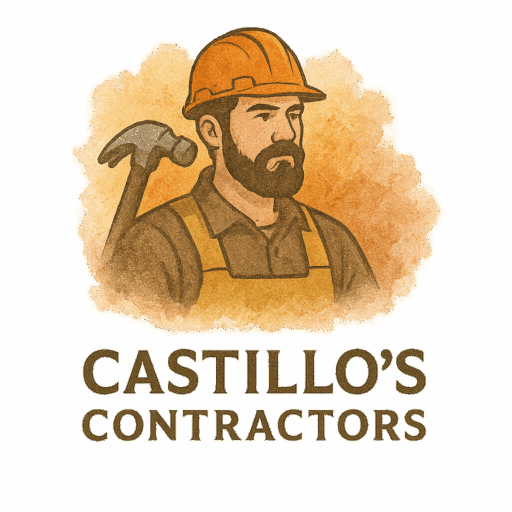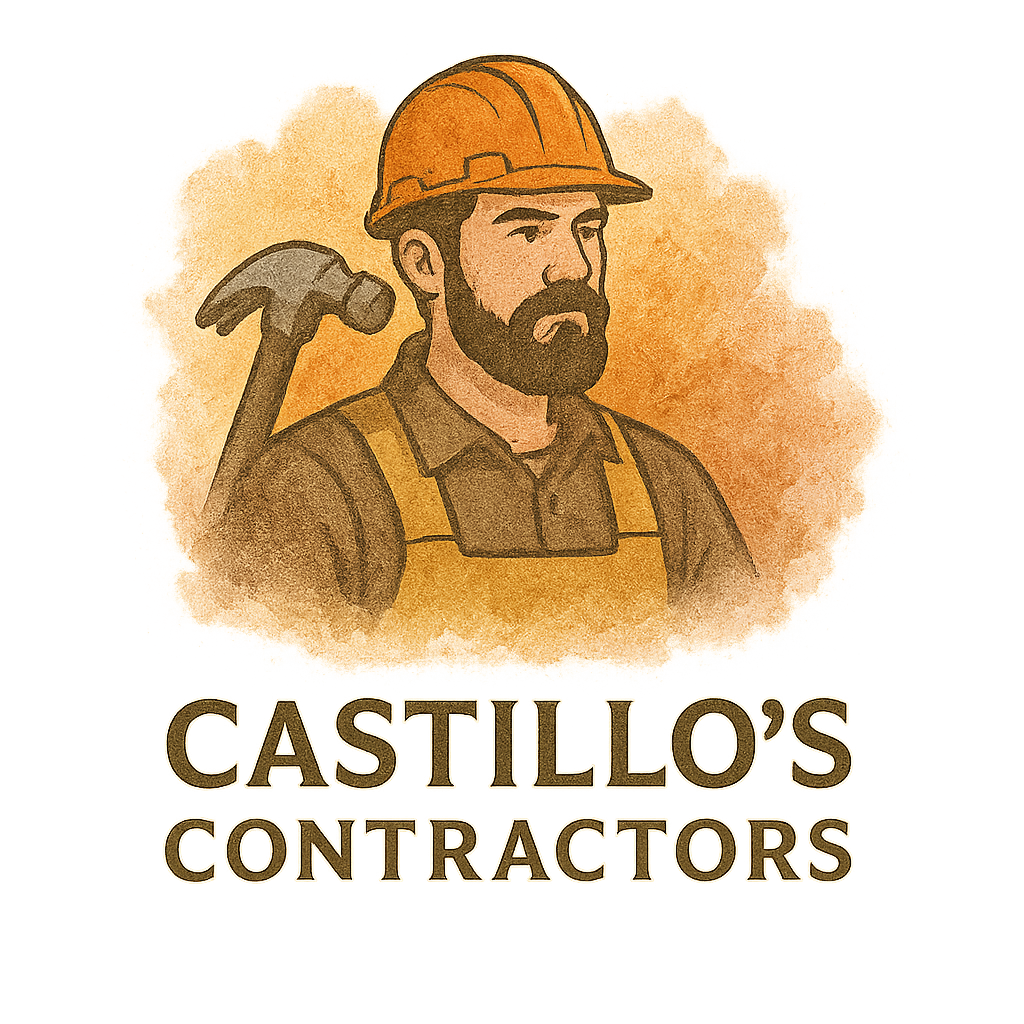Managing contractors can feel like herding cats—especially if you’re juggling a big project with tight deadlines. But here’s the thing: great communication isn’t just a “nice-to-have,” it’s the foundation for a successful project. Whether you’re working with residential or commercial contractors, these five communication tips will help you lead the process with confidence.
Let’s break down how to communicate like a pro and ensure your construction project finishes on time, on budget, and with minimal stress.
Why Communication Matters in Construction Projects
Avoiding Misunderstandings and Cost Overruns
One vague instruction or missed email can lead to delays, costly rework, or even a full-blown disaster. Clear communication helps prevent small issues from snowballing into expensive mistakes.
Building Long-Term Relationships
Treat your contractor like a teammate, not just a hired hand. Solid communication helps you build trust and foster a relationship that could benefit future projects—especially if you’re a business owner managing multiple commercial contractor jobs.
Tip #1: Set Clear Expectations Early On
Define Project Scope in Detail
Don’t assume your contractor knows exactly what you want. Be detailed about materials, timelines, budget, and who’s responsible for what. Spell everything out from the start.
You’d be surprised how often contractors hear something like “just make it look nice.” That’s not helpful. Define everything down to paint finishes and fixtures.
Agree on Deliverables and Deadlines
Lay out a schedule with milestones. Not just “finish by August”—get specific. Think: framing by June 1, drywall up by July 10, and so on.
You can find more advice like this in the Construction Tips section of our site—trust us, clarity goes a long way.
Tip #2: Maintain Consistent Communication Channels
Weekly Progress Meetings
A short weekly meeting keeps everyone in the loop. Whether it’s on-site or via Zoom, it allows time for questions, adjustments, and tracking progress.
This is especially important on remodeling and renovation projects, where surprises often come up. (Speaking of which, here’s a handy guide on Remodeling & Renovation.)
Use Digital Tools for Daily Updates
Use project management apps like Trello, Slack, or Buildertrend to keep things organized. That way, you can track progress, share files, and avoid communication gaps.
Recommended Tools for Project Communication
- Buildertrend: Specifically made for contractors.
- Slack: Great for team chats and quick updates.
- Google Drive: Share floorplans, photos, and contracts with ease.
These tools are especially useful when working with residential contractors or managing remote teams.
Tip #3: Document Everything
Keep Records of All Decisions
Don’t rely on memory or verbal agreements. Always follow up on conversations with an email or text confirming what was decided.
Even small decisions like switching a cabinet finish can have ripple effects down the line. If it’s not written down, it didn’t happen.
Importance of Written Approvals
Major decisions—like changes to budget, timeline, or materials—should be approved in writing. This protects both you and the contractor from future disputes.
You’ll find more gems like this in our Contractor Tips section.

Tip #4: Be Open to Feedback
Encourage Questions and Suggestions
Contractors are experts at what they do. If they recommend a different material or construction method, hear them out. Sometimes their insights can save you time or money.
If you’re too rigid, you might miss out on improvements that align with your goals. Expert Contractors thrive in collaborative environments.
Turn Conflicts Into Collaboration
Disagreements happen—but instead of playing the blame game, work together to find solutions. Approach each issue with a problem-solving mindset.
This attitude fosters trust and leads to a more flawless build.
Tip #5: Stay Professional and Respectful
Build Trust Through Mutual Respect
Show up to meetings on time. Acknowledge hard work. Simple things like saying “thanks” go a long way. When you show respect, you’re more likely to get it in return.
That’s how you create a productive relationship—especially when managing high-stakes home improvement projects.
Deal with Issues Calmly and Logically
If something goes wrong—and let’s face it, it probably will—take a breath before reacting. Address concerns clearly and calmly. Avoiding emotional reactions helps maintain professionalism and keeps the project on track.
Bonus Communication Tip: Hire the Right Contractor
Work with Experienced and Transparent Pros
It all starts with hiring. Choose contractors who communicate well from the first meeting. If they’re vague, slow to respond, or dismissive, that’s a red flag.
Check their credentials, past work, and reviews. Look at their project planning skills and ability to provide clear estimates.
Look for Strong Communication Skills
Great contractors don’t just know how to build—they know how to talk. Whether you’re managing a large commercial job or a small home project, communication should be a top skill.
Check out our insights on hiring contractors to find the right fit for your project.
Final Thoughts
At the end of the day, managing contractors successfully boils down to clear, honest, and respectful communication. It’s not about micromanaging—it’s about creating a shared vision and staying aligned every step of the way.
With the right strategies in place, you’ll reduce stress, prevent costly mistakes, and maybe even enjoy the ride. Remember to document everything, stay open to input, and lead with clarity. Want more actionable advice? Dive into our growing collection of construction tips and reliable contractor guides.
Frequently Asked Questions
1. What’s the biggest communication mistake people make with contractors?
Not setting clear expectations from the start. This causes confusion and delays later.
2. Should I use a contract even for small home projects?
Absolutely. Always put agreements in writing, no matter the project size.
3. How often should I check in with my contractor?
Weekly check-ins are ideal. Daily updates are great if it’s a fast-moving project.
4. What if my contractor isn’t responding?
That’s a red flag. Try to resolve it, but don’t hesitate to switch if communication doesn’t improve.
5. How do I handle disagreements?
Stay calm, focus on solutions, and refer to the original agreement or documentation.
6. Are there tools that help with contractor communication?
Yes! Tools like Buildertrend, Slack, and Google Drive are perfect for staying organized.
7. Where can I find trustworthy contractors?
Start with Castillos Contractors. Browse their network of reliable, vetted professionals.


